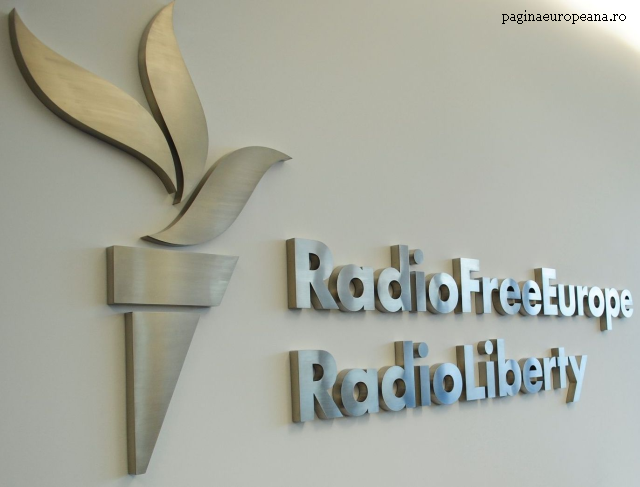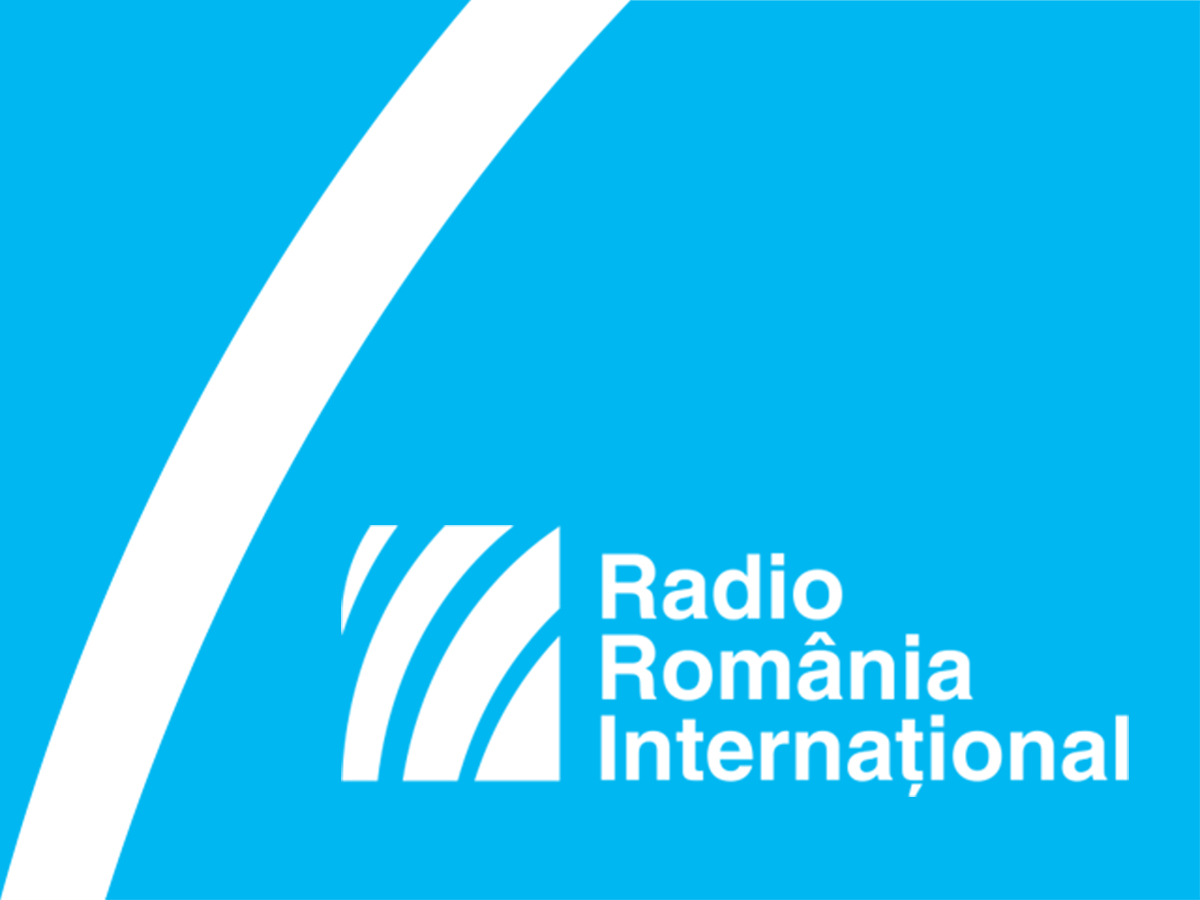Radio Free Europe
An outlook on the impact of Radio Free Europe in Romania

Steliu Lambru, 11.05.2015, 13:15
Radio Free Europe has been a landmark of democratic and civic spirit and defense of human rights. It was listened to widely, its popularity owing to its professionalism and critical spirit. In the 1970s and 1980s, Radio Free Europe was one of the few credible sources to act as a link to the free world, a way for free spirits to escape once in a while the terrible prison in which the regime kept millions of Romanians. Radio Free Europe was, for the generation that enacted the 1989 revolution, a school in every sense of the word: for freedom, for politics, for society, for culture. Proof of its popularity was the fact that the names of its anchors were better known than those of Romanian journalists. Some of the programs achieved better popularity than anything broadcast on official channels, such as The Political Show by Mircea Carp, received nightly at 18:10, as well as Romanian Current Affairs and From the Communist World, broadcast between 19:10 and 20:00.
Mircea Carp is one of the journalists whose name is synonymous with Radio Free Europe. He started working there in 1951, after fleeing communist Romania, then went on to work at Voice of America. In 1978 he came back to Free Europe, where he produced the Political Show, one of the most widely known shows aired at the time. He was interviewed in 1997 by Radio Romanias Center for Oral History, and spoke about his contribution to raising the audience and popularity of Radio Free Europe:
“Before I got to Radio Free Europe, shows were flatter, less dynamic. Forgive my lack of modesty, but I brought an American dynamic to these shows, shorter reports, with important voices from around the world, including Romanian personalities, at that time only exiles to the free world. But apart from what I brought to those shows, which is less important, was the fact that Radio Free Europe itself, perhaps feeling that the collapse of the Iron Curtain was looming nearer, renewed its attack, so to say, on communist regimes. Of course, the Romanian department, increasing its number of shows that stirred the pot on the situation in Romania, exposed that intolerable situation. I am referring to everything that could not be seen on the surface, the truth that eluded most people. The fact that a foreign radio station brought these details of real political, economic, cultural and military life in Romania, excited many of our listeners, who could not speak openly about these things, but found their feelings reflected in the information from Free Europe. I could say that from the early 80s, the dynamic of shows on Free Europe, in our case the Romanian language shows, stepped up their pace, they were becoming more and more aggressive. Not violent, but aggressive in the best sense of the word. The political show took on a different dimension. It no longer spoke only of what was happening abroad, but touched on Romanian topics as often as it could.”
The popularity of Radio Free Europe was owed to the freedom that the American management of the station granted everyone there, and to the accuracy of sources. The documentary sources for the situation in Romania were the western press, namely those Romanians who had managed to make it to the West, as well as Romanians from within the country who managed to convey information through letters sent illegally, as well as the stations own reference and research center. Mircea Carp spoke about the aims of the shows called Romanian Current Affairs and From the Communist World, which brought the station much popularity.
“Then we created Romanian Current Affairs, one of the key elements of our broadcasts. Then Doina Alexandru was given the show called From the Communist World, which also presented the situation in eastern European countries under communist regime, maybe even in the USSR or Cuba, but not Romania. The aim of this program was to inform our listeners on the situation in other communist regime countries, so that listeners could see that what was going on in Romania was not an isolated thing, it was part of a complex of situations, of persecutions, a complex of attitudes of regimes in power, attitudes that resembled each other closely. What was happening in Warsaw was also happening in Sofia or Budapest. Listeners in the country had the opportunity to follow things in other countries with communist regimes. The whole dynamic of Radio Free Europe broadcasts in the 80s was leading to a certain point, which came in December 1989. Prior to that there was a small outburst, so to say, namely the revolt in Brasov, on November 15, 1987. That was the first signal clearly indicating that Romanians were no longer willing to put with a situation that had become absolutely unbearable, from all points of view.”
Free Europe was living proof that the truth can never be silenced. And the truth conquers all, and is always validated by popularity.






























